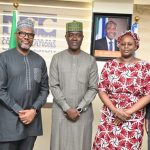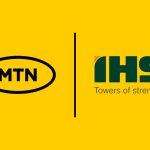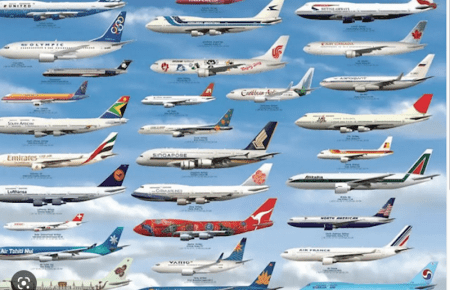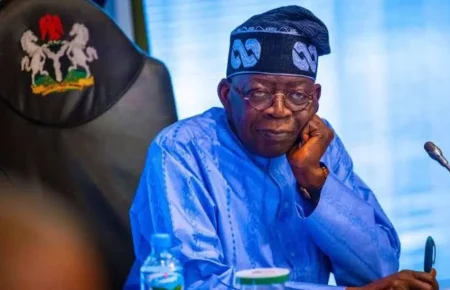Top Authors
Popular Posts
ATCON Leadership Visits NCC, Strengthens Collaboration on QoS and Underserved Areas
NCC Calls for Stakeholder Input on Review of National Telecommunications Policy 2000
MTN’s $6.2bn IHS Deal Faces Federal Government Review Amid Telecom Monopoly Concerns
Full Breakdown & Analysis of Top 10 Nigerian States with the Lowest Federal Allocation in 2025
February 11, 2026
Top 10 States with the Lowest FAAC Allocation in 2025 States...
Nigeria To Benefit As World Bank Expands $50m Solar Farming Programme in Africa
January 23, 2026
The World Bank has approved $50 million to scale solar-powered...
EFCC Fingers Banks, Fintechs in Massive ₦162bn Crypto Fraud
January 22, 2026
The Economic and Financial Crimes Commission (EFCC) has...
Nigeria’s Biggest Companies by Market Value As NGX Hits ₦99.38 Trillion
January 22, 2026
The Nigerian Exchange (NGX) recorded a landmark year in 2025,...
CBN Reports Improved Credit Access as Rising Loan Defaults Persist
January 20, 2026
The Central Bank of Nigeria (CBN) has reported improved credit...
US Tariffs Tighten the Noose on Nigeria, South Africa and Kenya for Trading With Iran
January 19, 2026
Several African countries are already grappling with elevated US...
Nigeria’s Stock Market Capitalisation Hits ₦100 Trillion for the First Time in History
January 7, 2026
Nigeria’s equities market has recorded a historic milestone,...
Banks That Have Met the CBN N500 Billion Recapitalisation Threshold Ahead of Deadline
January 5, 2026
With fewer than 100 days to the Central Bank of Nigeria’s (CBN)...
5 Most Expensive Nigerian States to Fly to This Christmas
December 21, 2025
As Nigeria’s Christmas travel season takes flight, a stark...
FG Debt Service Gulps 72% of Revenue in 7 Months — Budget Office Data Reveals
December 19, 2025
The Federal Government spent nearly three-quarters of its total...





















